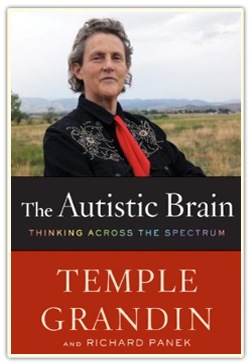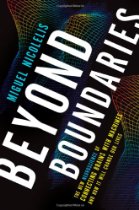BSP 98 "The Autistic Brain"
/ Click image above to play audioI hope to post a new episode of Books and Ideas before the end of the summer. Meanwhile the Brain Science Podcast is heading toward episode 100! Last month's episode (BSP 98) was a discussion of The Autistic Brain: Thinking Across the Spectrum by Temple Grandin. This book is a tremendous gift, not just to patients and their families, but also to teachers, mentors, friends, and everyone who is interested in understanding how our brains make us who we are.
Click image above to play audioI hope to post a new episode of Books and Ideas before the end of the summer. Meanwhile the Brain Science Podcast is heading toward episode 100! Last month's episode (BSP 98) was a discussion of The Autistic Brain: Thinking Across the Spectrum by Temple Grandin. This book is a tremendous gift, not just to patients and their families, but also to teachers, mentors, friends, and everyone who is interested in understanding how our brains make us who we are.
I think that this is a book everyone should read because as we come to appreciate the fact that the strengths and challenges of autism occur across a broad spectrum, we may also realize that some of these issues actually affect people who aren't considered autistic. It is not the label that matters. What does matter is recognizing that each of us has his or her own strengths and weaknesses, but thanks to brain plasticity, we all have the potential to nurture our strengths and, when necessary, accommodate our weaknesses.
Please visit the Brain Science Podcast website for full show notes and free episode transcripts.


























